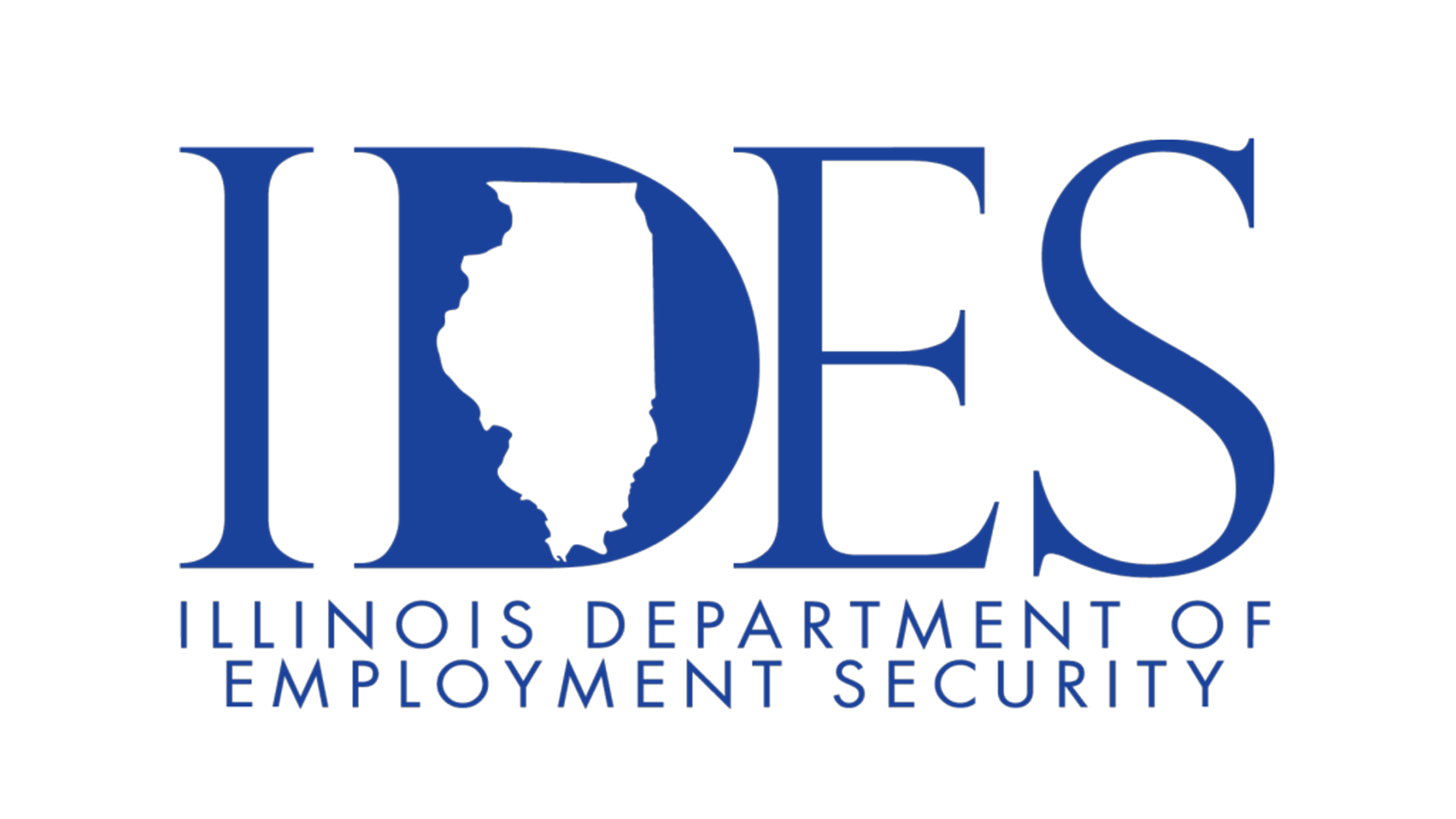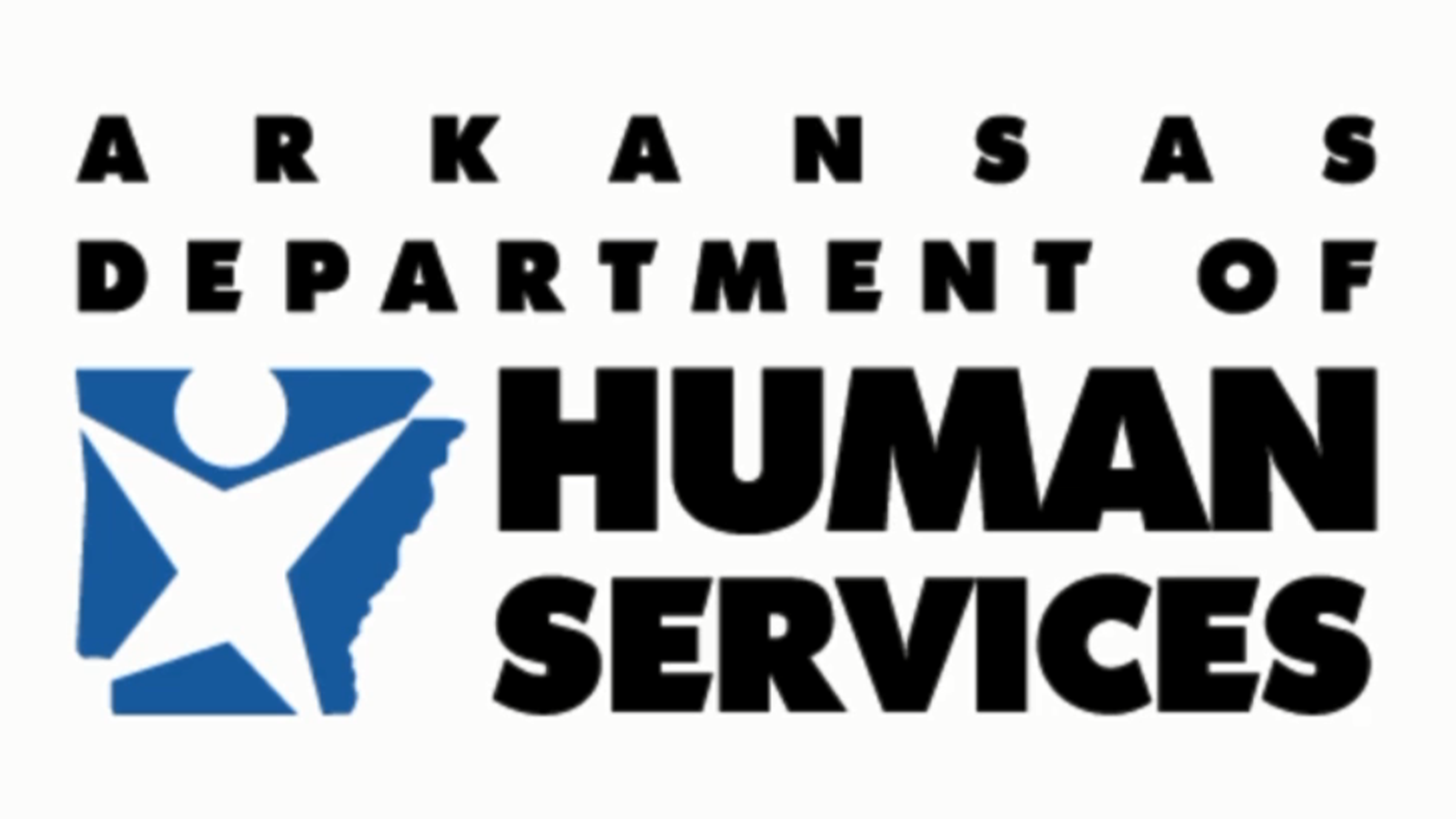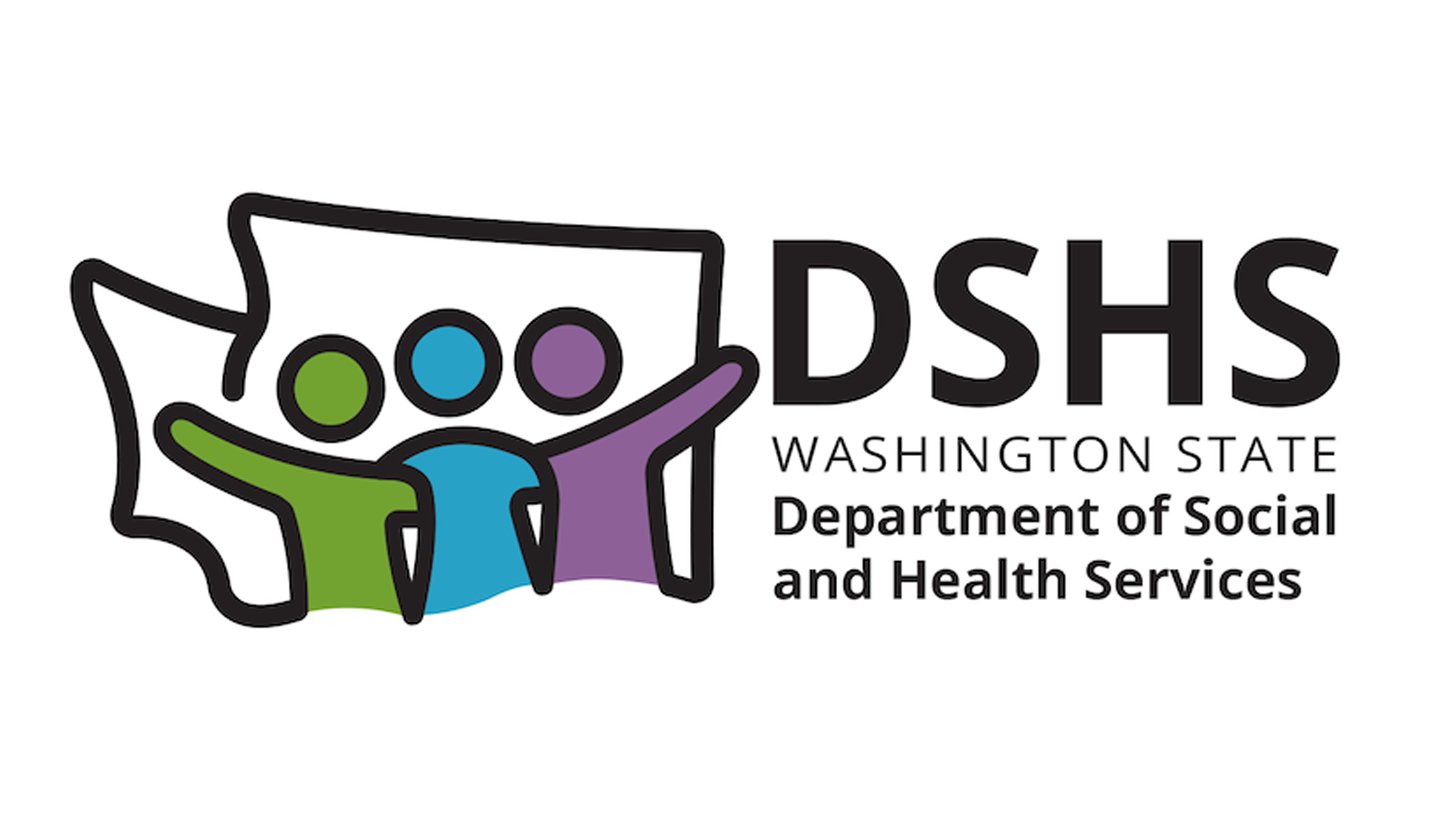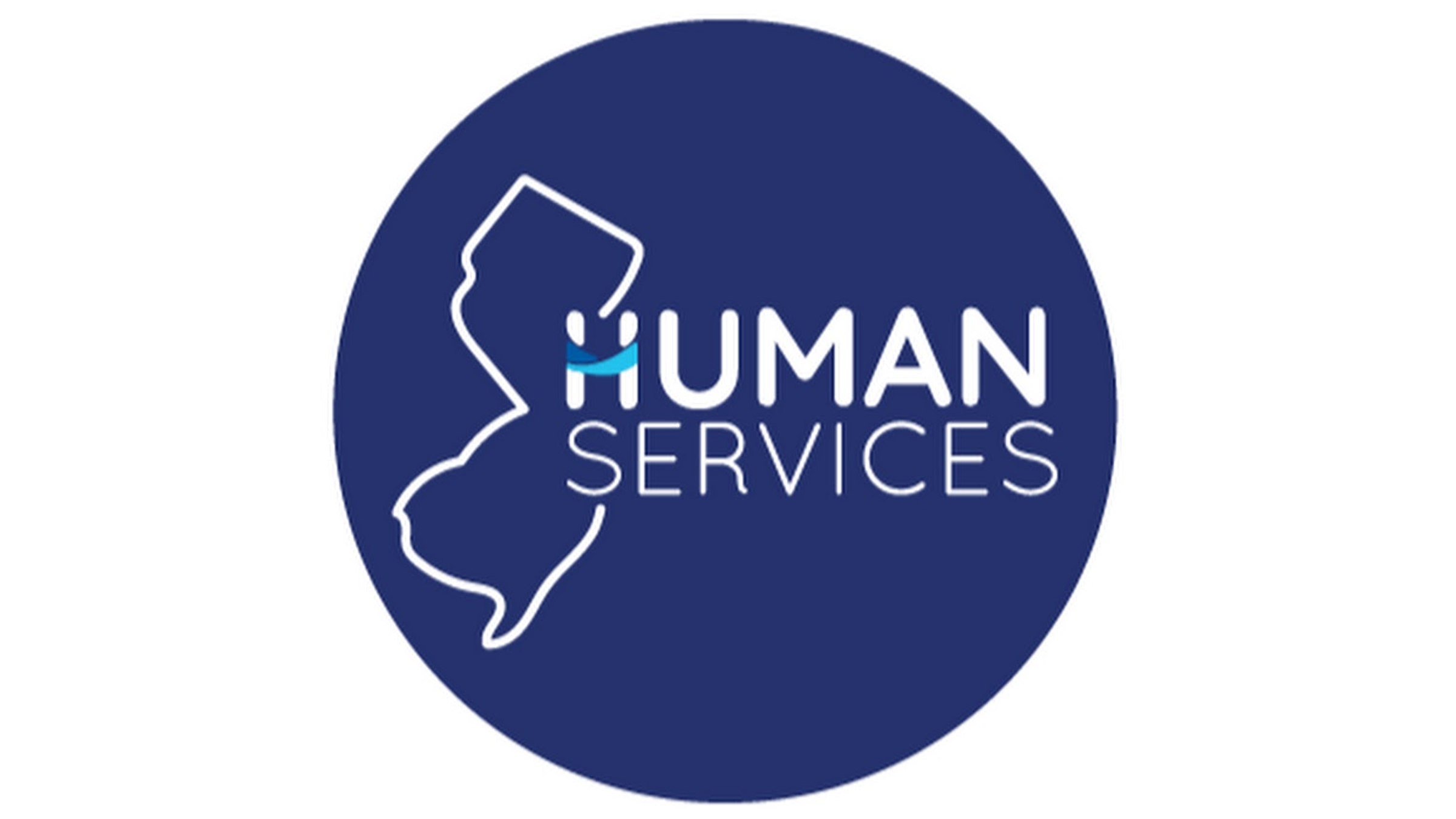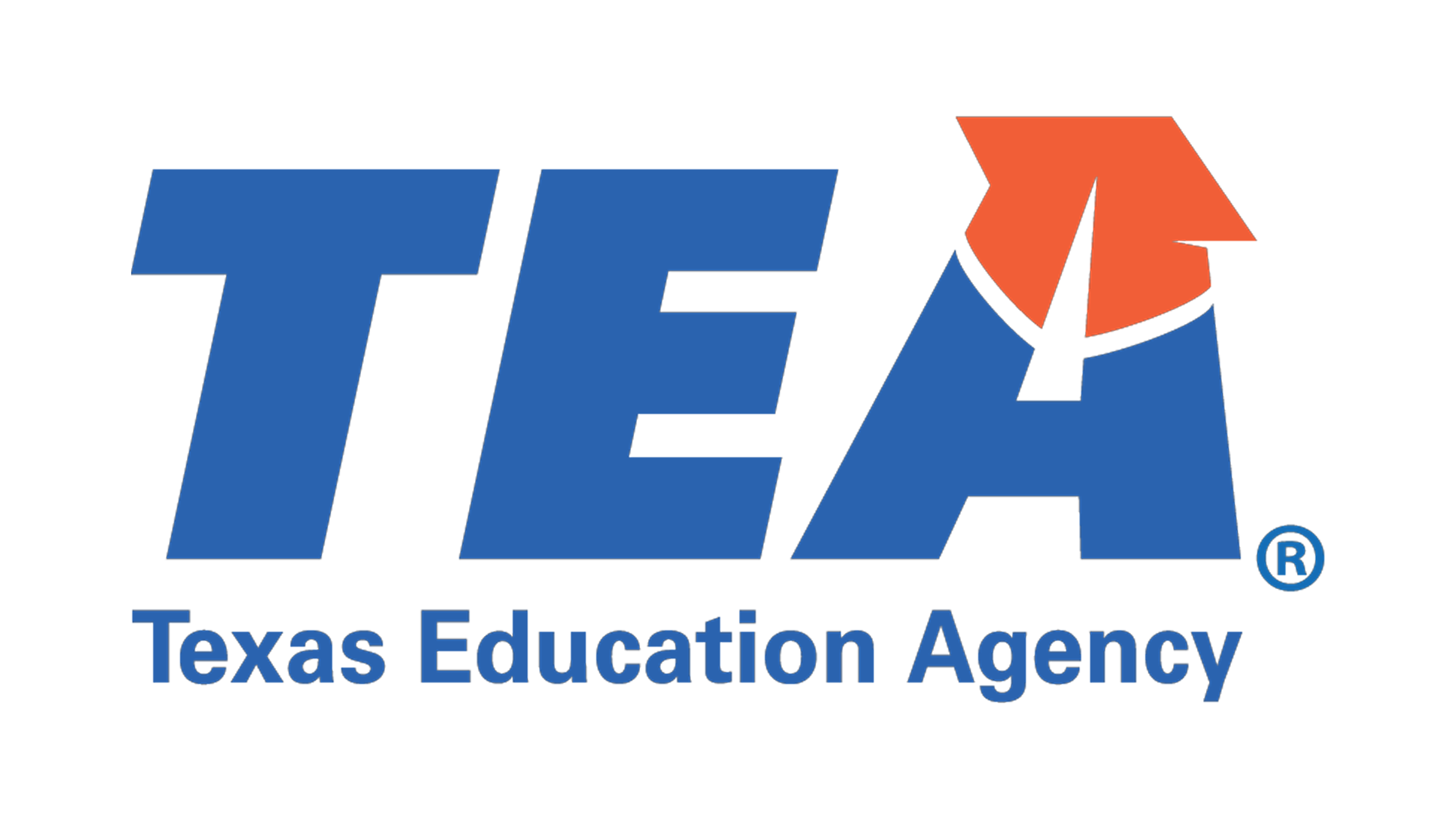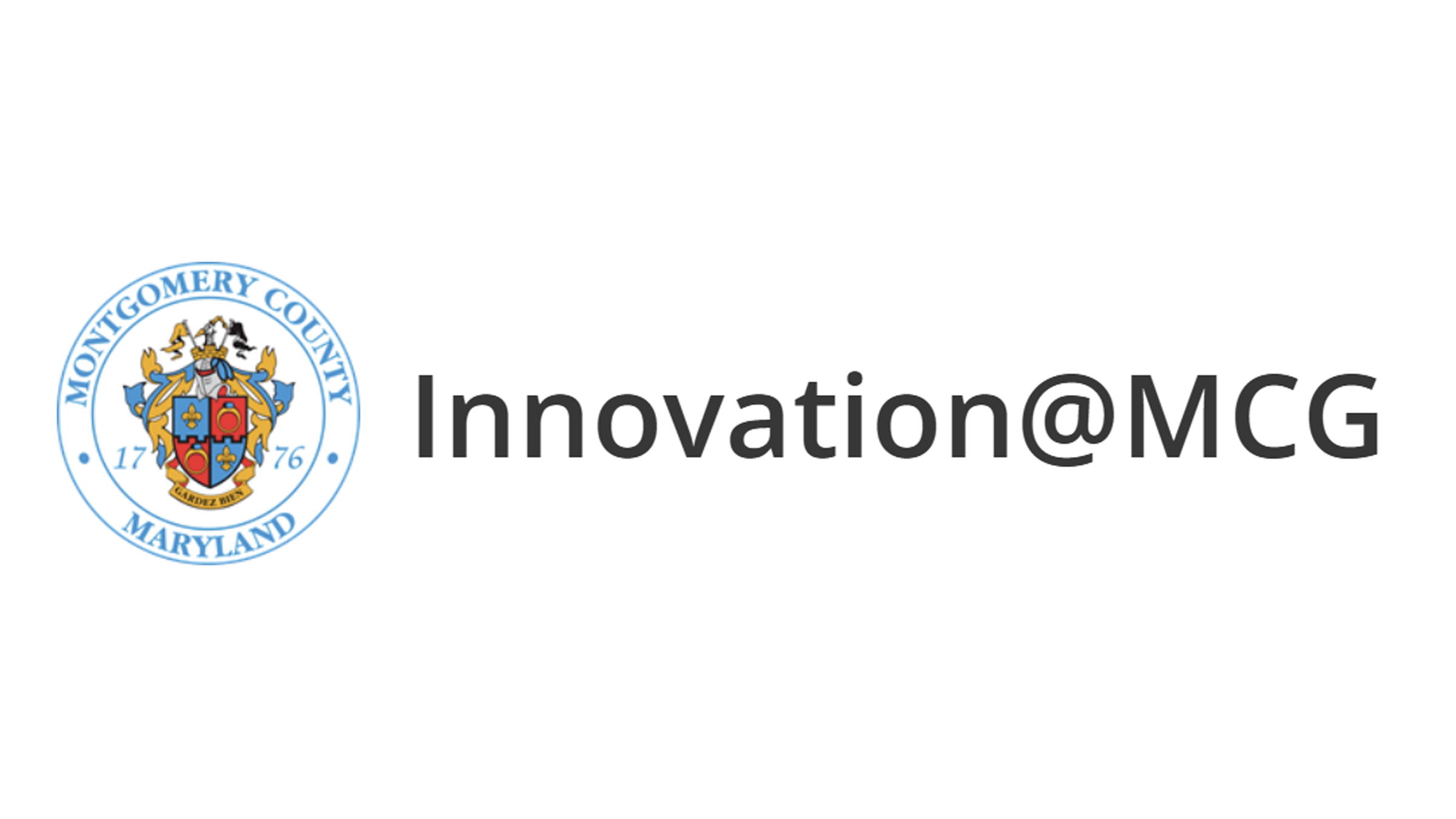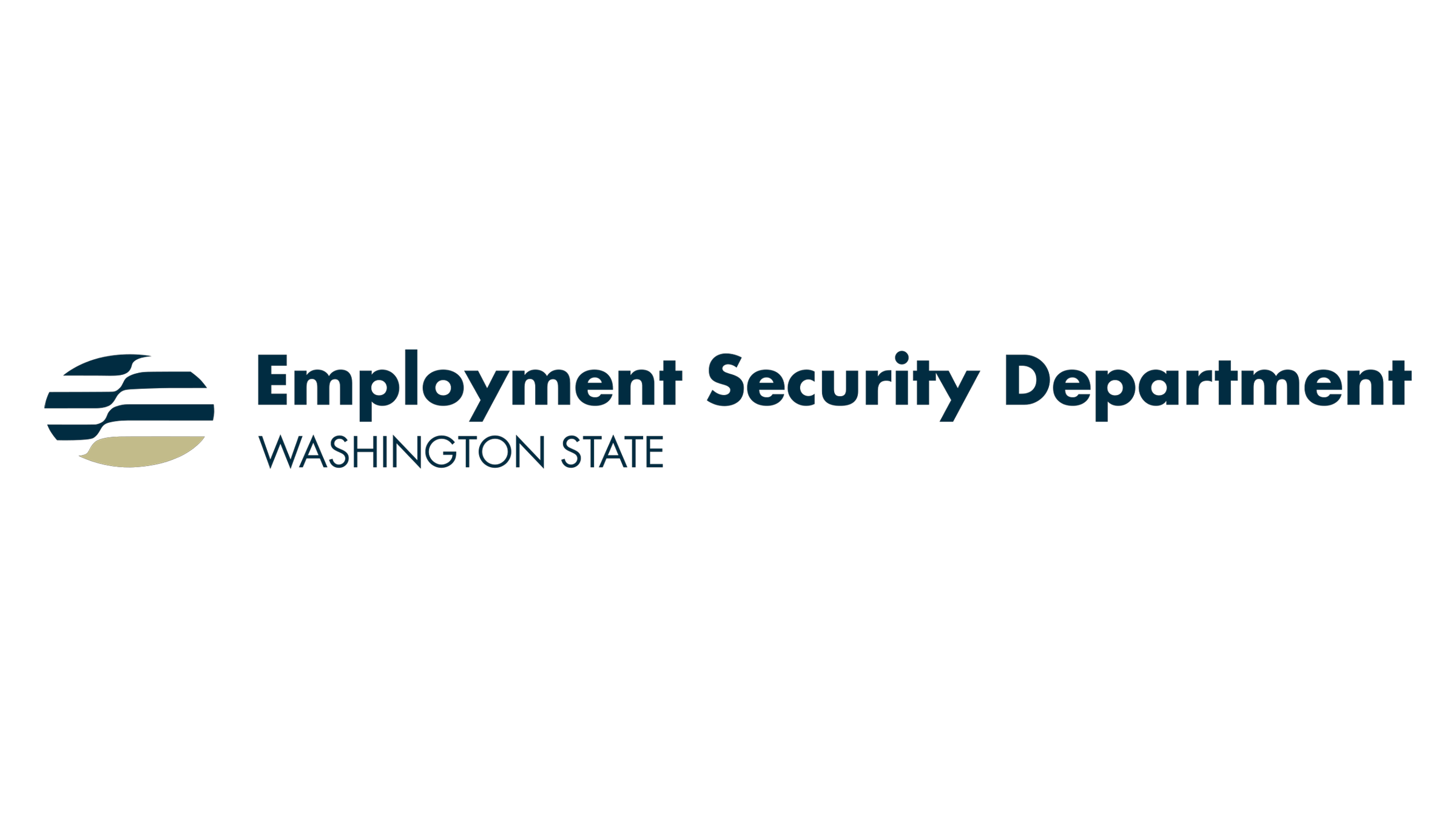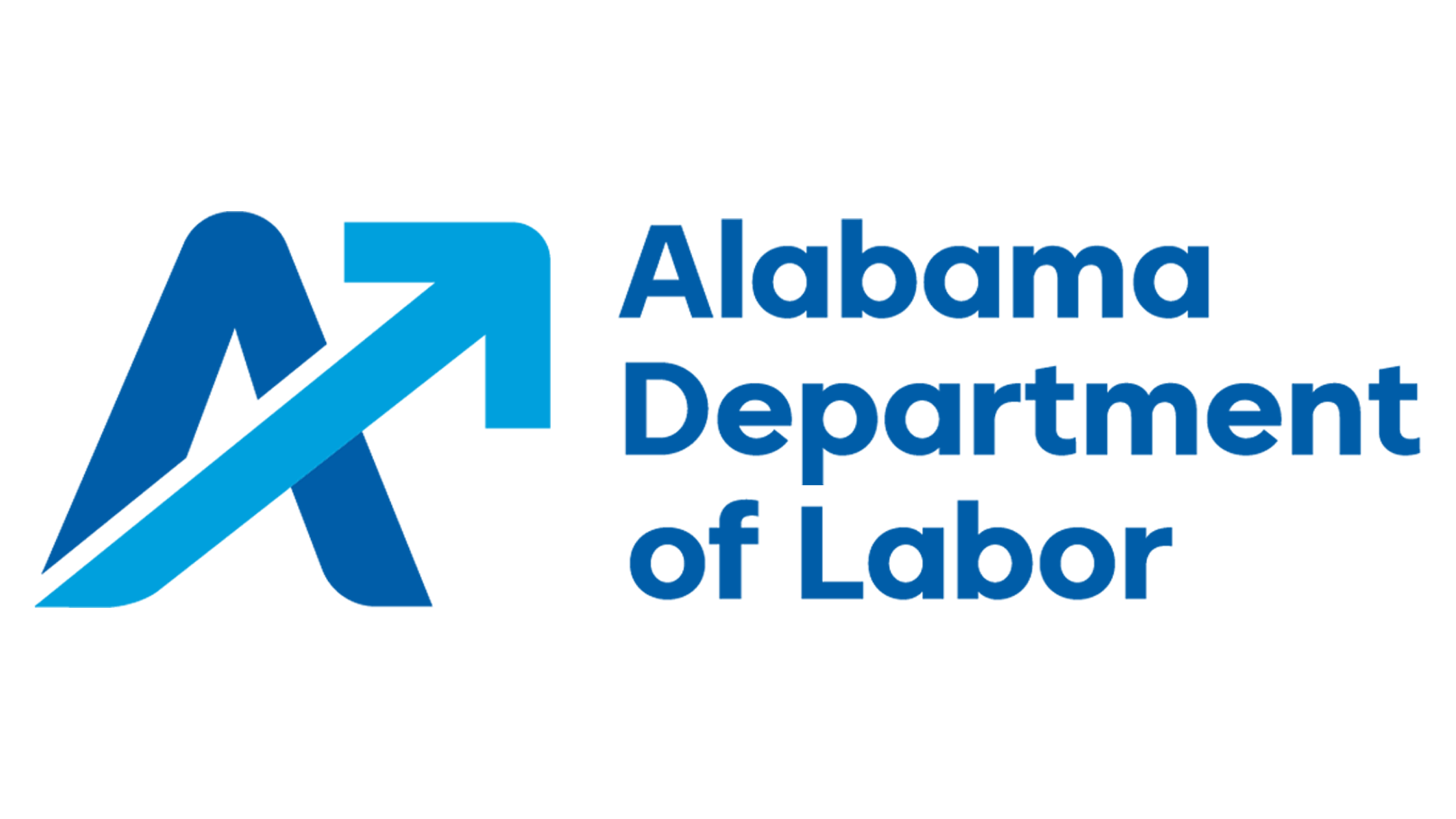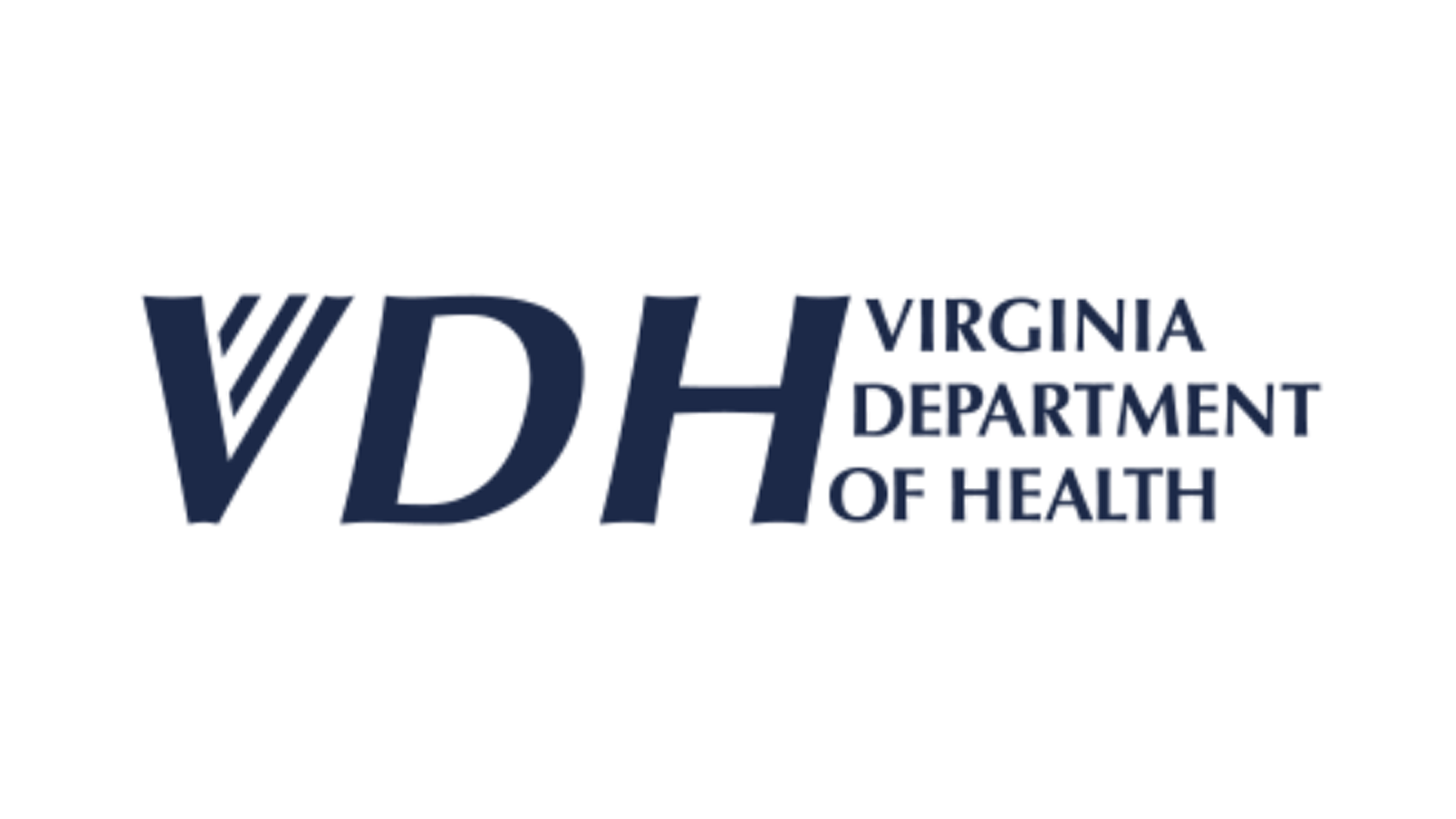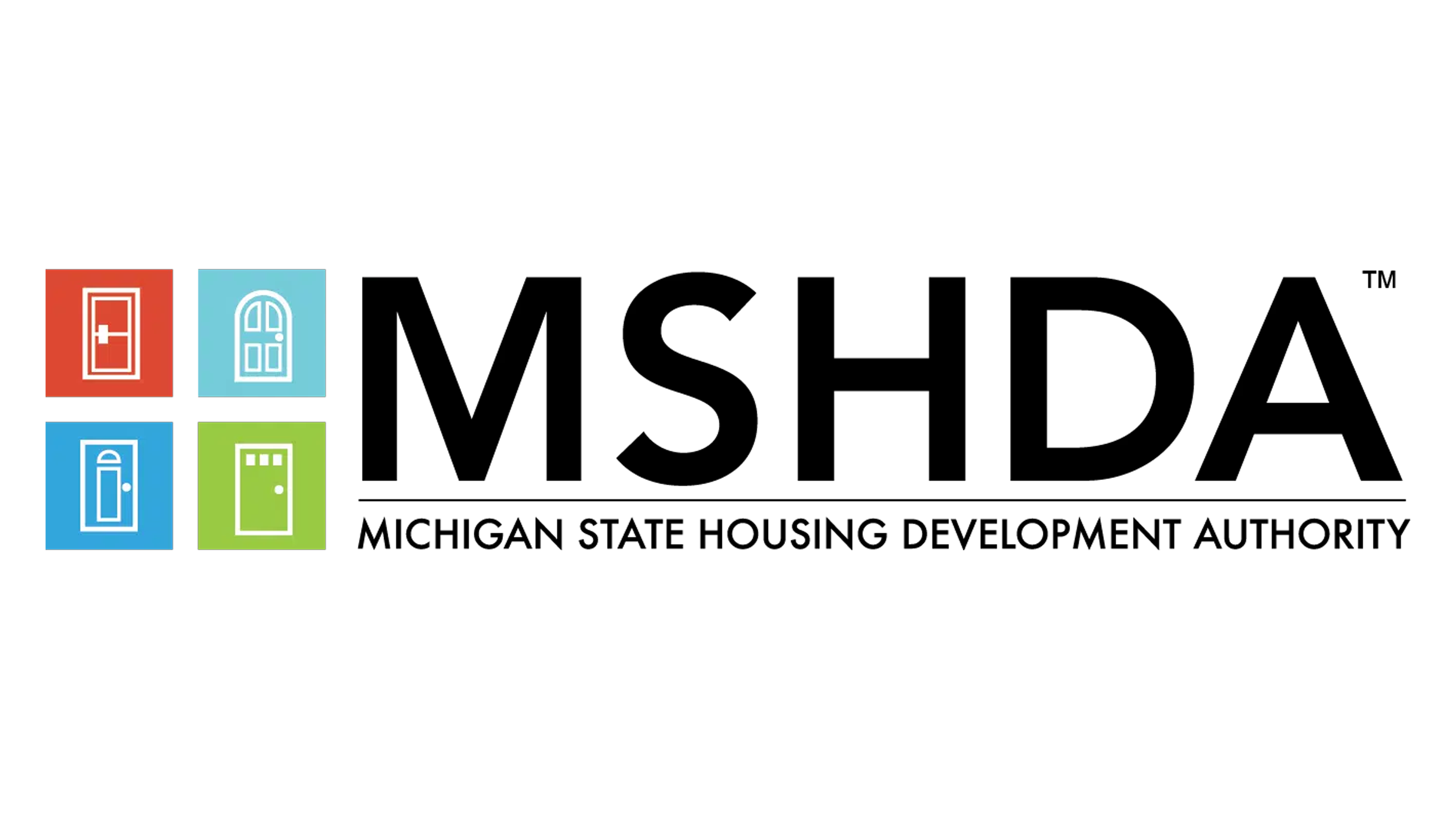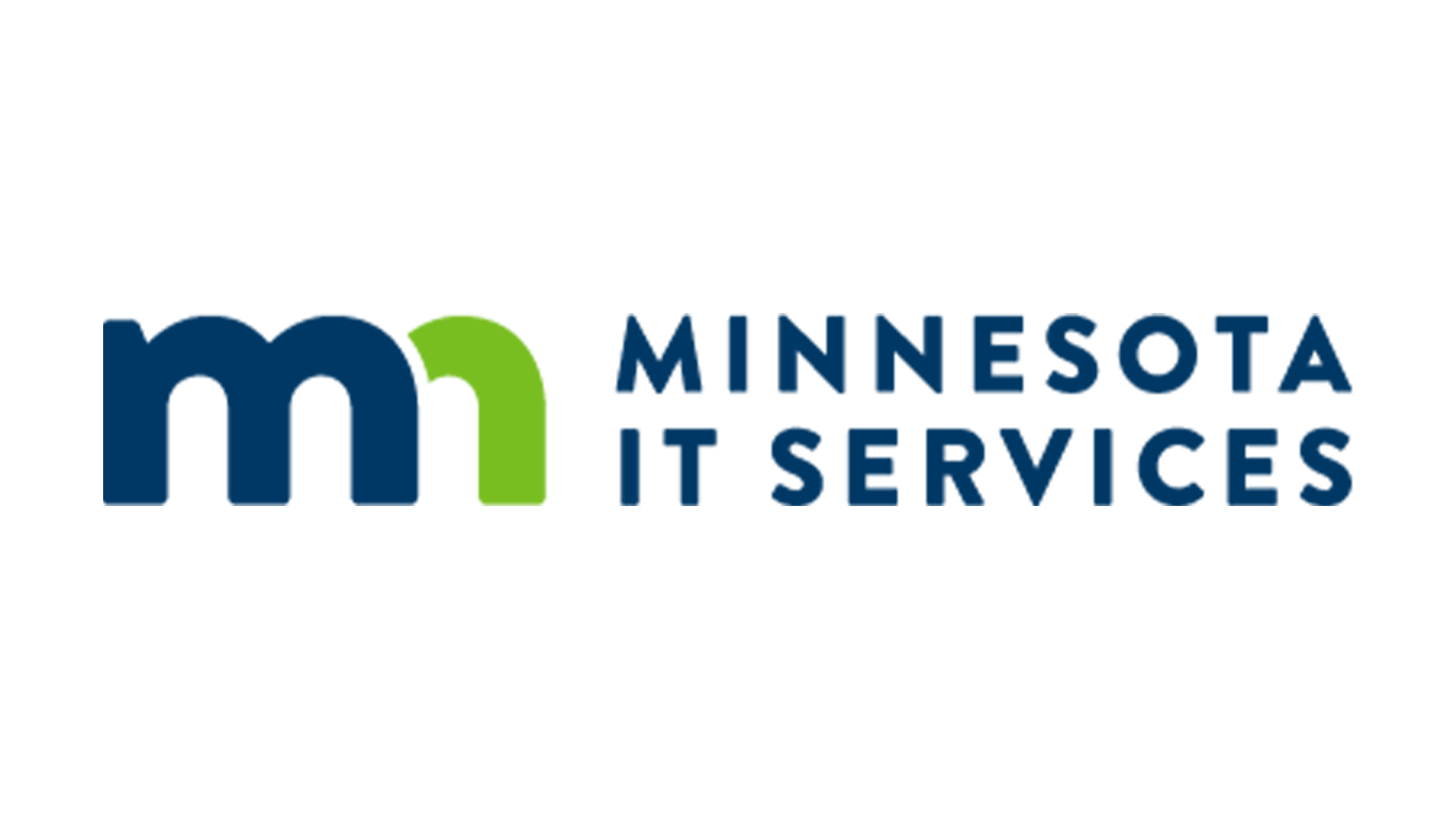Ecosystem Directory
Use the Ecosystem Directory to find organizations to collaborate with, to explore what types of work organizations are doing to increase access to digital benefits, and to better understand the ecosystem as a whole.

Search and filters
How to use the Directory
You can search the directory or browse and filter by organization type, categories of work, and benefit programs.
Results
-
Illinois IDES manages unemployment insurance and workforce services using technology to enhance accessibility and efficiency.
-
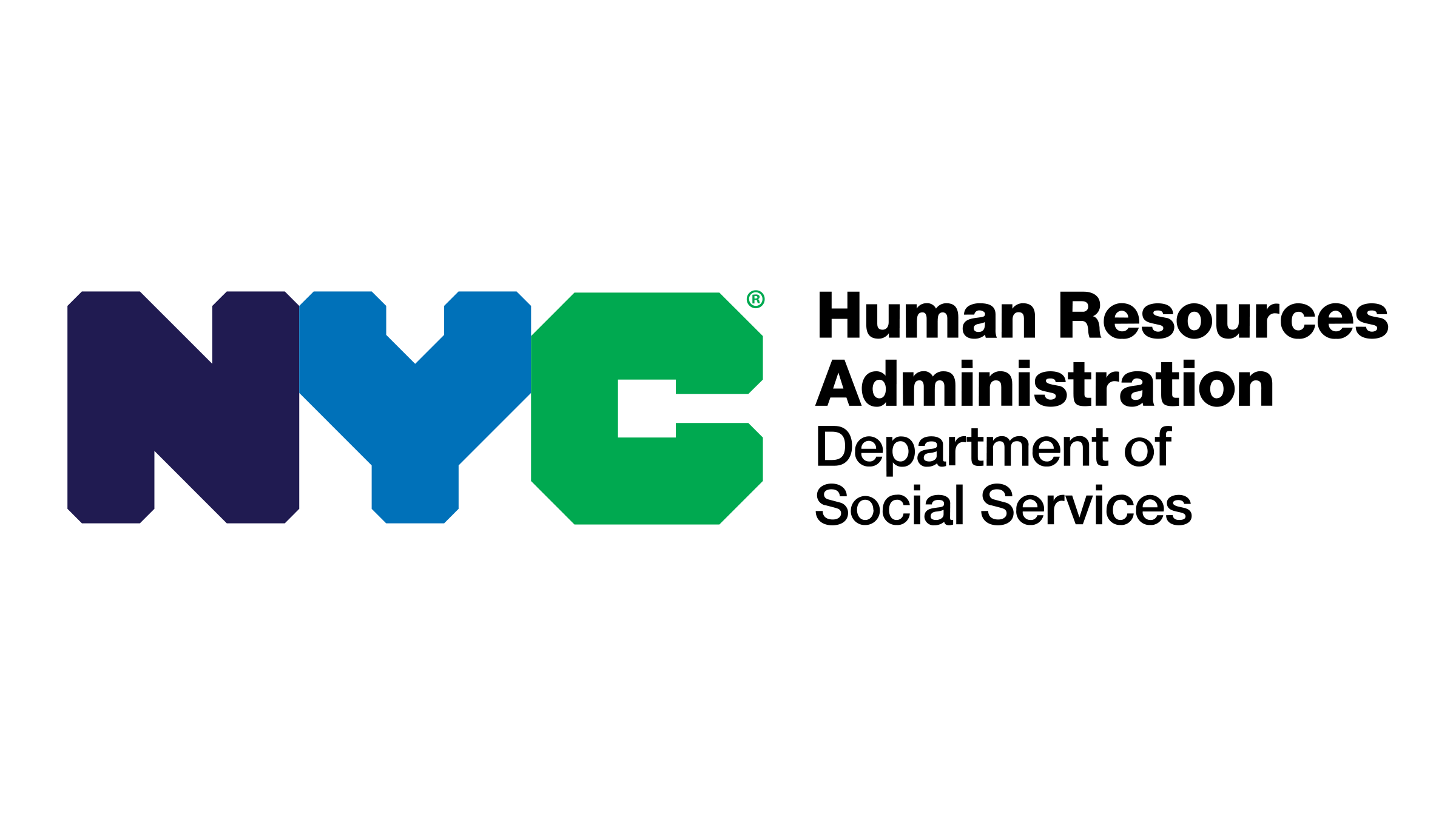
Human Resources Administration
New York City Department of Social Services
Provides essential benefits to New Yorkers in need, including food assistance and emergency rental assistance, to combat poverty and income inequality.
-
The Arkansas Department of Human Services administers critical public assistance programs such as Medicaid, SNAP, and TANF, helping residents meet their basic needs.
-
The Washington Health and Human Services Enterprise Coalition (HHS Coalition) is a multiorganization collaborative that provides strategic direction and federal funding guidance for information technology (IT) projects that have cross-organizational or enterprise impact.
-
Oversees a broad range of social service programs including disability services and income support.
-
State agency managing public education in Texas.
-
Leads digital innovation and modernization efforts for Montgomery County government.
-
Washington’s Employment Security Department provides unemployment benefits and workforce development services to strengthen the labor market.
-
The Alabama Department of Labor manages unemployment insurance and workforce development programs to connect residents with jobs and income support.
-
The Virginia Department of Health (VDH) is dedicated to protecting and promoting the health of Virginians.
-
Provides affordable housing programs and community development resources statewide.
-
Delivers IT infrastructure and digital services to Minnesota state agencies.
